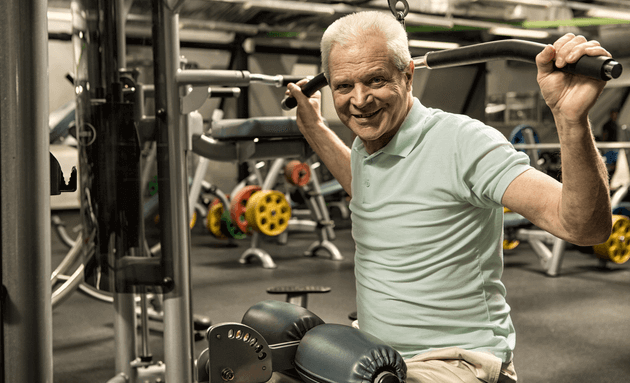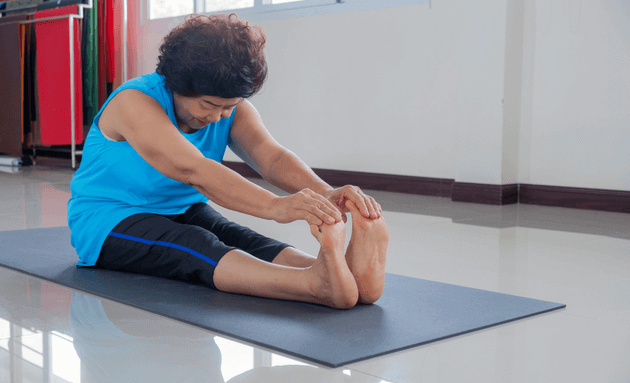
Moderate and Intense Exercise May Slow Brain Ageing by 10 Years
Exercise and physical activities have numerous benefits, that includes keeping your brain health intact. A study by author Clinton B. Wright, MD, MS, of the University of Miami in Miami, Fla., and a member of the American Academy of Neurology, suggests that physical exercise can keep your brain health in check.
“Our study showed that for older people, getting regular exercise may be protective, helping them keep their cognitive abilities longer."
How Does Exercise Affect Your Brain?

Exercise aids in better memory and thinking abilities. Exercise can reduce insulin resistance naturally, making you less susceptible to health conditions like diabetes.
It reduces inflammation and stimulates the release of chemicals in the brain that help in the growth of new brain cells and blood vessels. Furthermore, exercise also improves mood and sleep, reduces stress and anxiety, and help improve your cognitive abilities.
Below are 4 ways you can improve your brain health with moderate and intense exercises:
- Aerobic Exercises
Regular endurance exercises like running, swimming or cycling can foster new brain cells growth and save existing brain cells. Additionally, it also improves heart health.
-
Strength Training
Strength training and lifting weights not only builds muscles and strengthens bones, but it also boosts brainpower, improves mood, and enhance decision-making skills. It releases chemicals like norepinephrine and dopamine which are mood-enhancing hormones, controls insulin sensitivity reducing your chances of developing diabetes, and thicken the grey matter in a part of the brain that is often affected in early Alzheimer's disease.
- Flexibility Training
Flexibility may gradually decline with age. However, better flexibility and improved postures can reduce the risk of injury and keep you energised. Exercise forms like Tai Chi aid in the generation of new neurons and protect the health of existing neurons.
- Daily Life Activities
Dance, wash your car, walk with a friend, jog, play golf, or tennis.- everyday activities can also change the way your brain functions. It protects memory and thinking skills, stimulates chemical changes in the brain that enhances learning, mood, and thinking. It also reduces your risk of developing heart disease, stroke, and diabetes.

Exercise has long been linked to improved health. A person who intensely exercises is less likely to have issues with hypertension, high cholesterol and diabetes. Previous studies have also shown exercise to reduce the risk of dementia.
No matter what kind of exercise you decide to engage in, make it a habit and stick to it.

